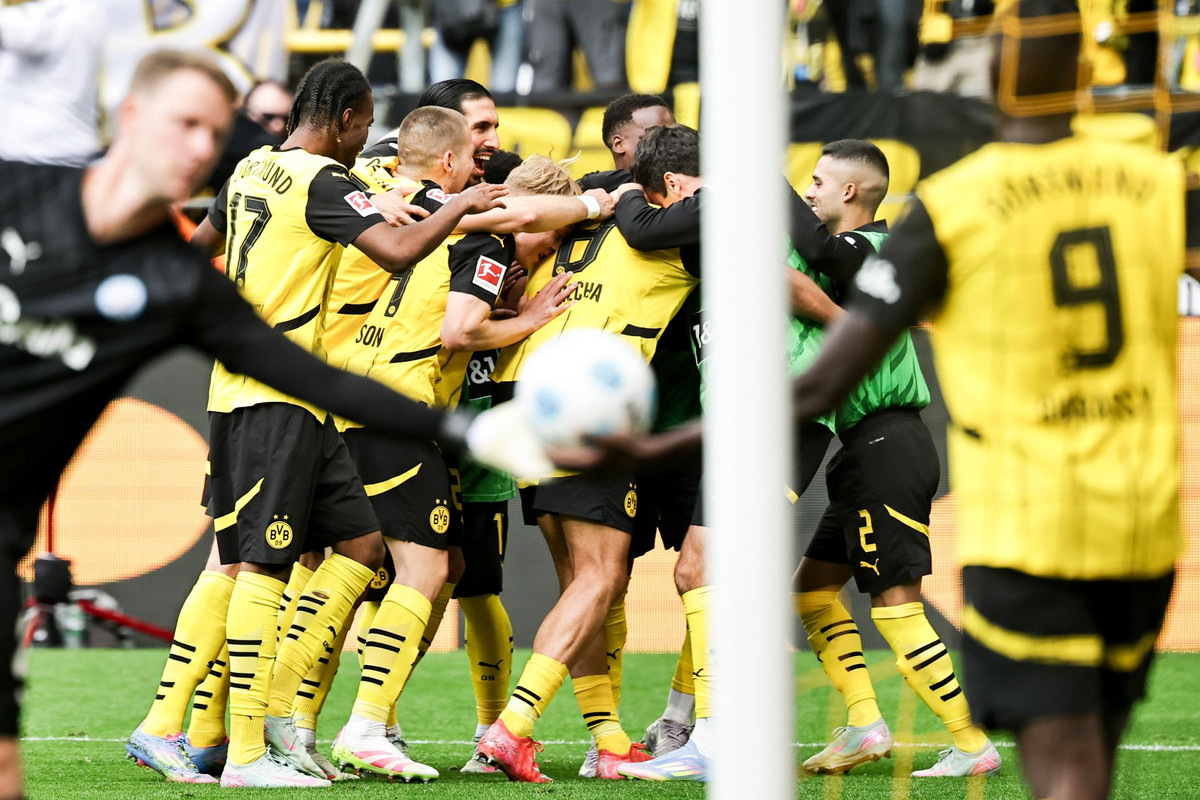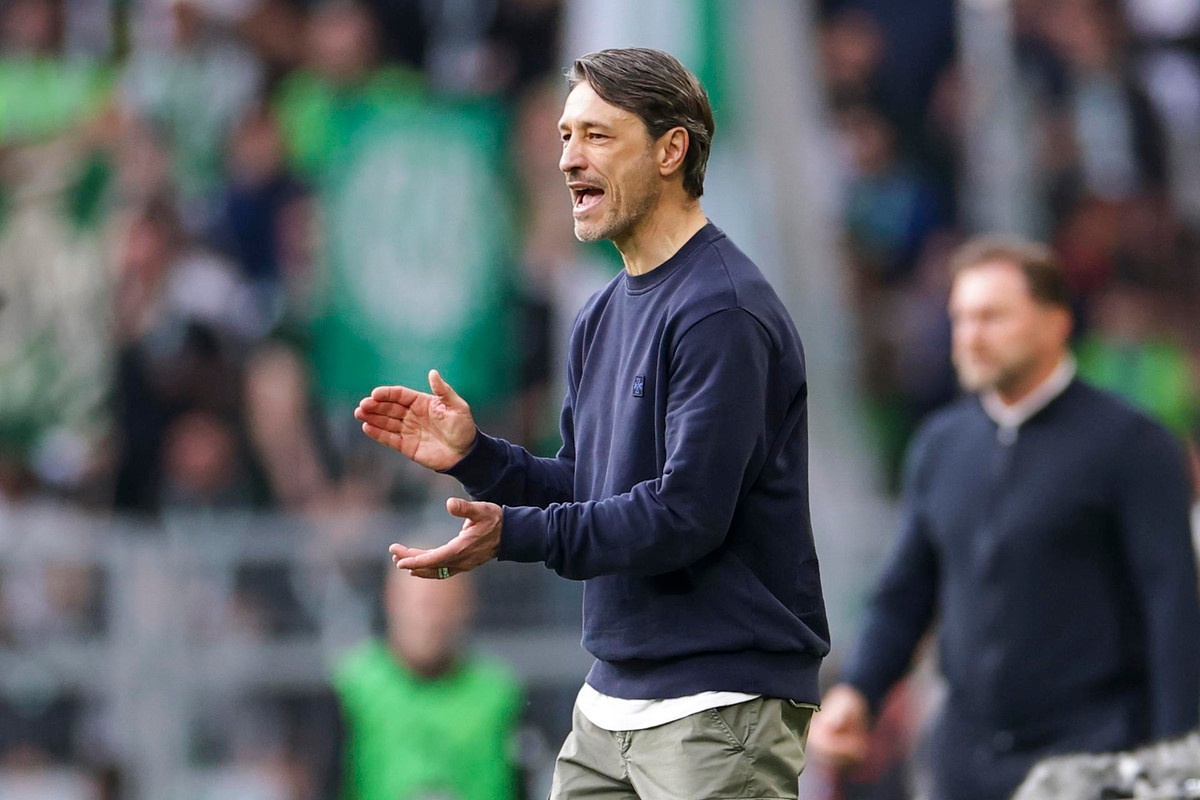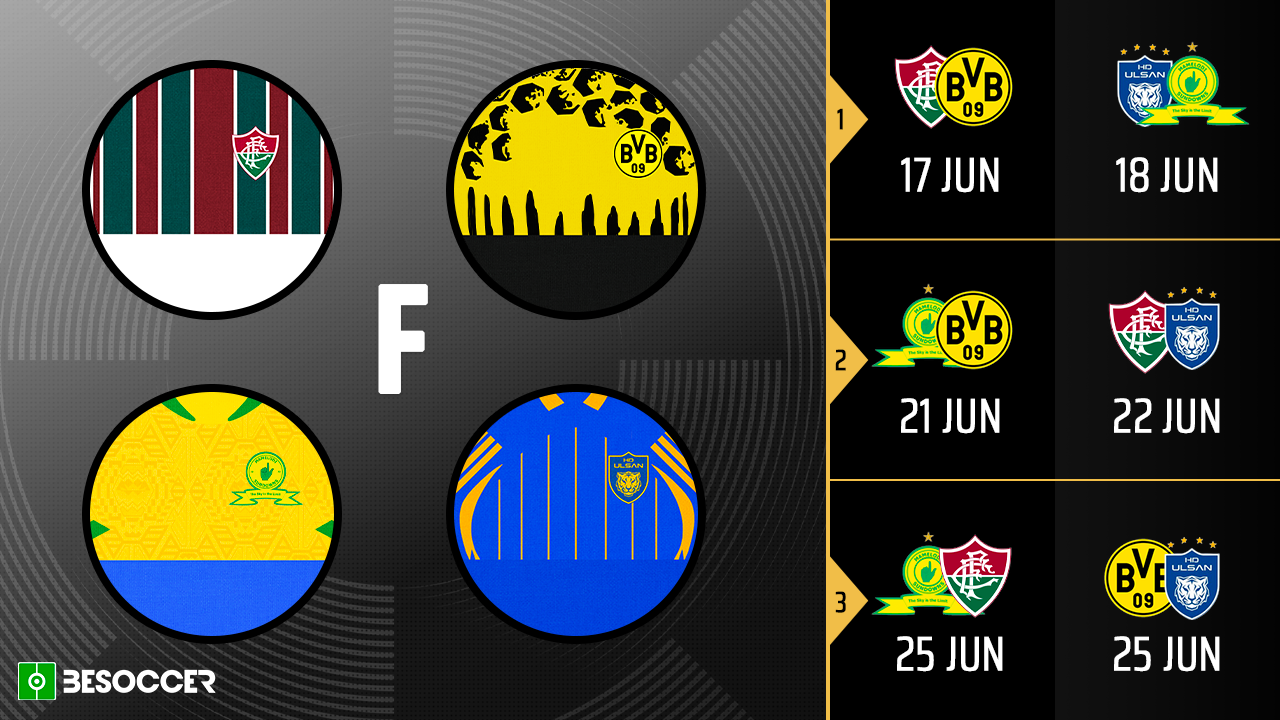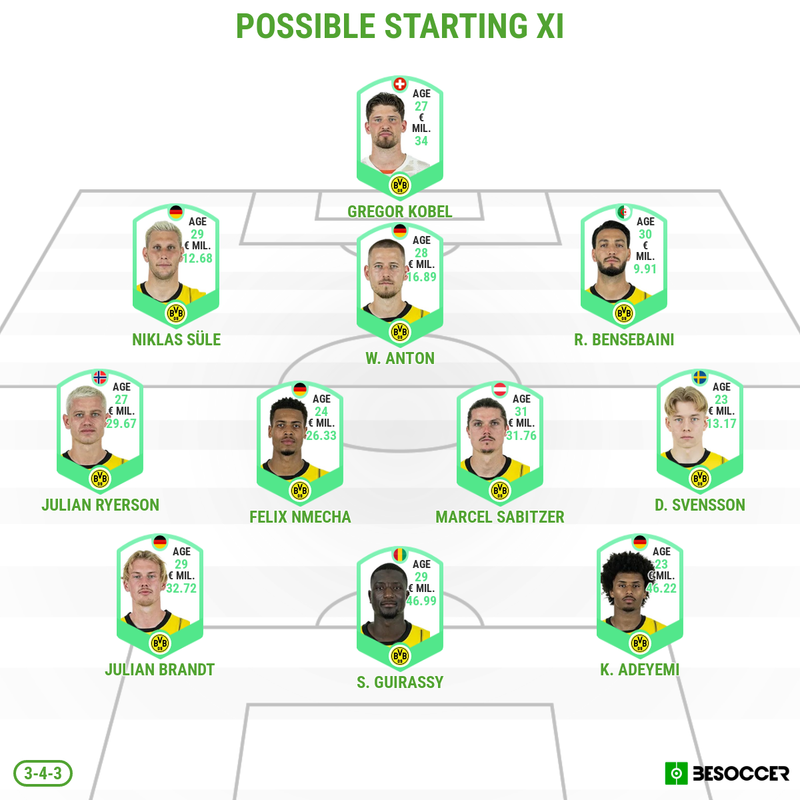Dortmund hit peak form in time for Club World Cup charge


Unlike many clubs who view the Club World Cup as a burden on the calendar, Borussia Dortmund may be grateful for its timing.
After a turbulent campaign, the German side touch down in North America with momentum, boosted by a late ticket to the Champions League and backed by a strong attacking output.
Their 4-0 defeat to Barcelona in the first leg of the Champions League quarter-finals was a heavy blow for Niko Kovac's team, who had dreamt of returning to the final. But it also served as a turning point: since then, they've collected six wins, one draw, and scored 22 goals against the likes of Barcelona, Bayern and Leverkusen.
Clear favourites in Group F – where only Fluminense look capable of pushing them – Dortmund may well be one of the dark horses in the tournament.
Among the European sides qualified via coefficient rather than as continental champions, only PSG and Bayern recorded a higher UEFA ranking than the German club.

With 34 goals in 45 matches, including 13 in the Champions League - joint top scorer with Raphinha, Serhou Guirassy stands out as Dortmund's biggest hope.
At 29, the Guinea international enjoyed a breakout campaign at Stuttgart before moving to Dortmund, where he's followed a path similar to former BVB striker Sebastien Haller. His name is on the radar of several major clubs, but Dortmund have managed to keep hold of him – at least until this tournament.
Julian Brandt's vision and Gregor Kobel's consistency in goal are key pillars, while veterans like Emre Can, Sule and Sabitzer provide stability. The likes of Adeyemi, Gittens and Nmecha offer unpredictability, and Ryerson and Anton have become solid options at the back.
Schlotterbeck is sidelined through injury, while the club hope to extend Chukwuemeka's loan from Chelsea. The arrival of Jobe Bellingham could be one of the headlines of their US adventure.

Niko Kovac has only been in charge for 20 matches, stepping in mid-season to replace Nuri Sahin, who failed to steady the ship. After a rough start, Kovac led the team to fourth place and Champions League qualification with a run of seven wins and a draw in their final eight Bundesliga matches.
Key to that turnaround was tweaking the backline and adopting a flexible shape – alternating between three or five defenders with aggressive wing-backs. Once the system clicked, Dortmund's attackers began to thrive, returning to their high-risk, high-reward identity.

Matchday 1
Borussia Dortmund open their campaign against Fluminense at MetLife Stadium on Tuesday, 17 June. It will be the first-ever meeting between the two clubs, though Dortmund did beat Cruzeiro 2-0 in the 1998 Intercontinental Cup final.
Matchday 2
On Saturday, 21 June, they take on Mamelodi Sundowns at TQL Stadium in Cincinnati – a first encounter between the sides, who share club colours.
Matchday 3
Dortmund wrap up the group stage against Ulsan HD on Wednesday, 25 June, again at TQL Stadium. The only previous meeting with a Korean club was a 2016 friendly versus Jeonbuk Hyundai Motors, making this their first official clash against an Asian side in this diverse Group F.



